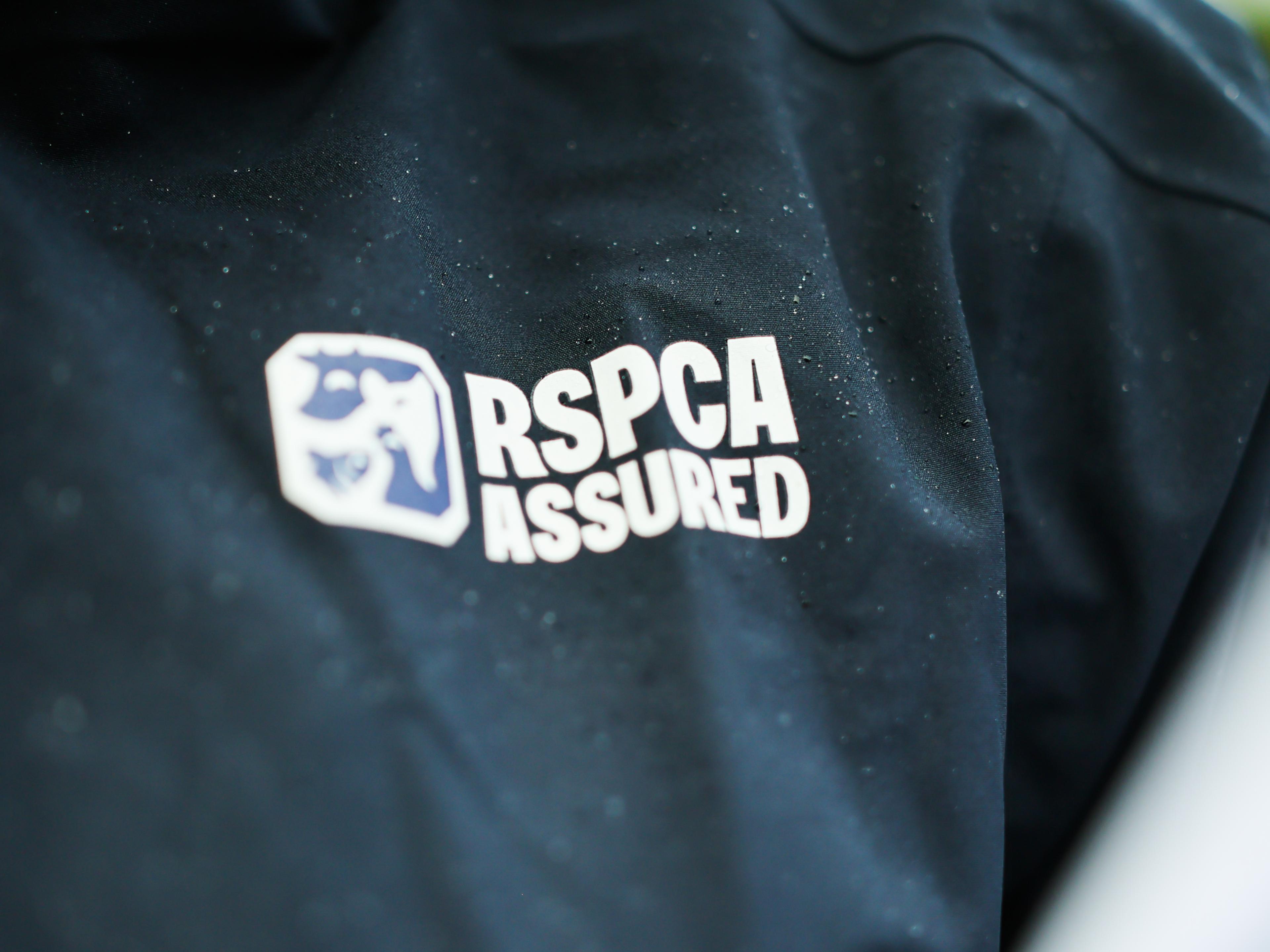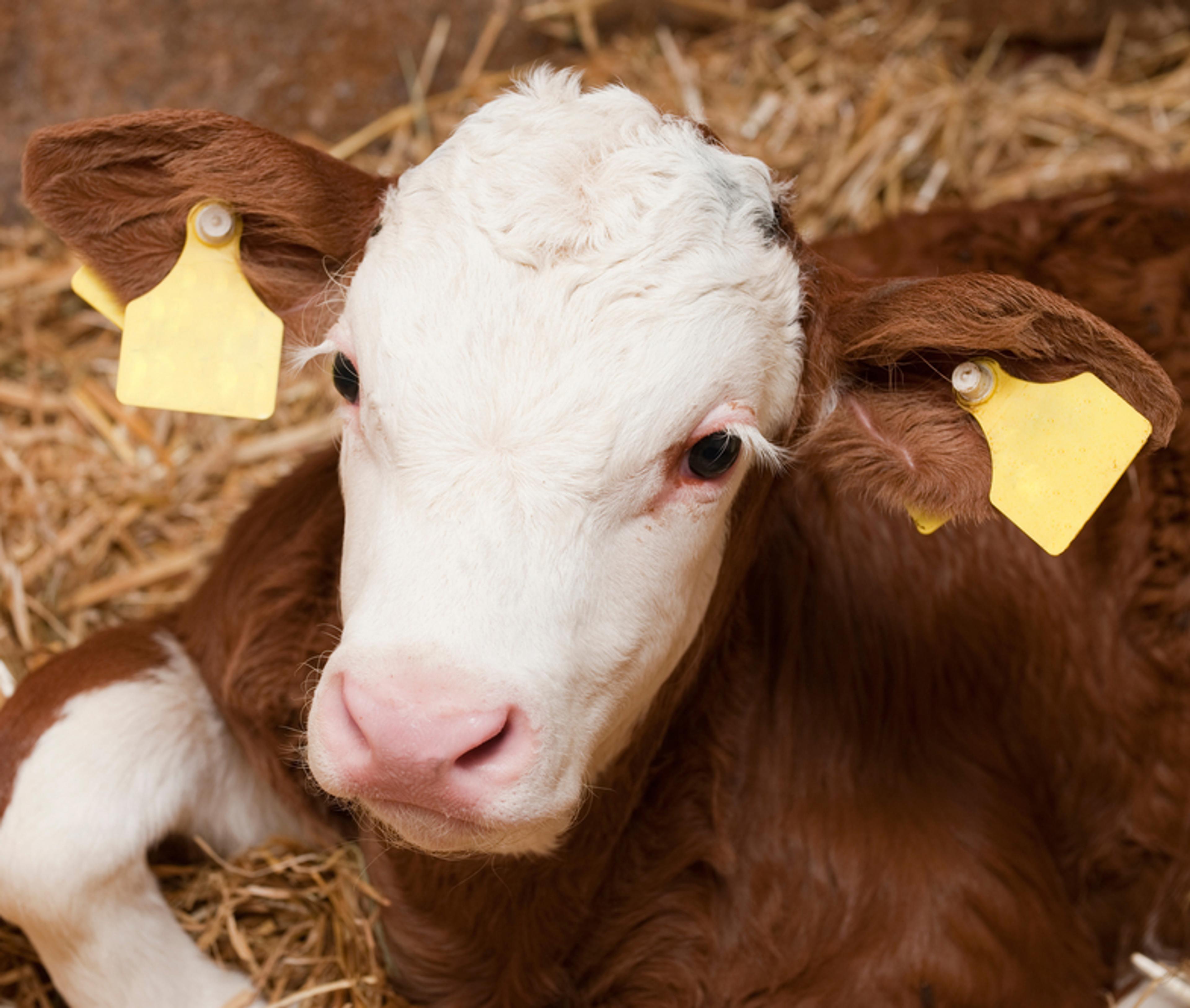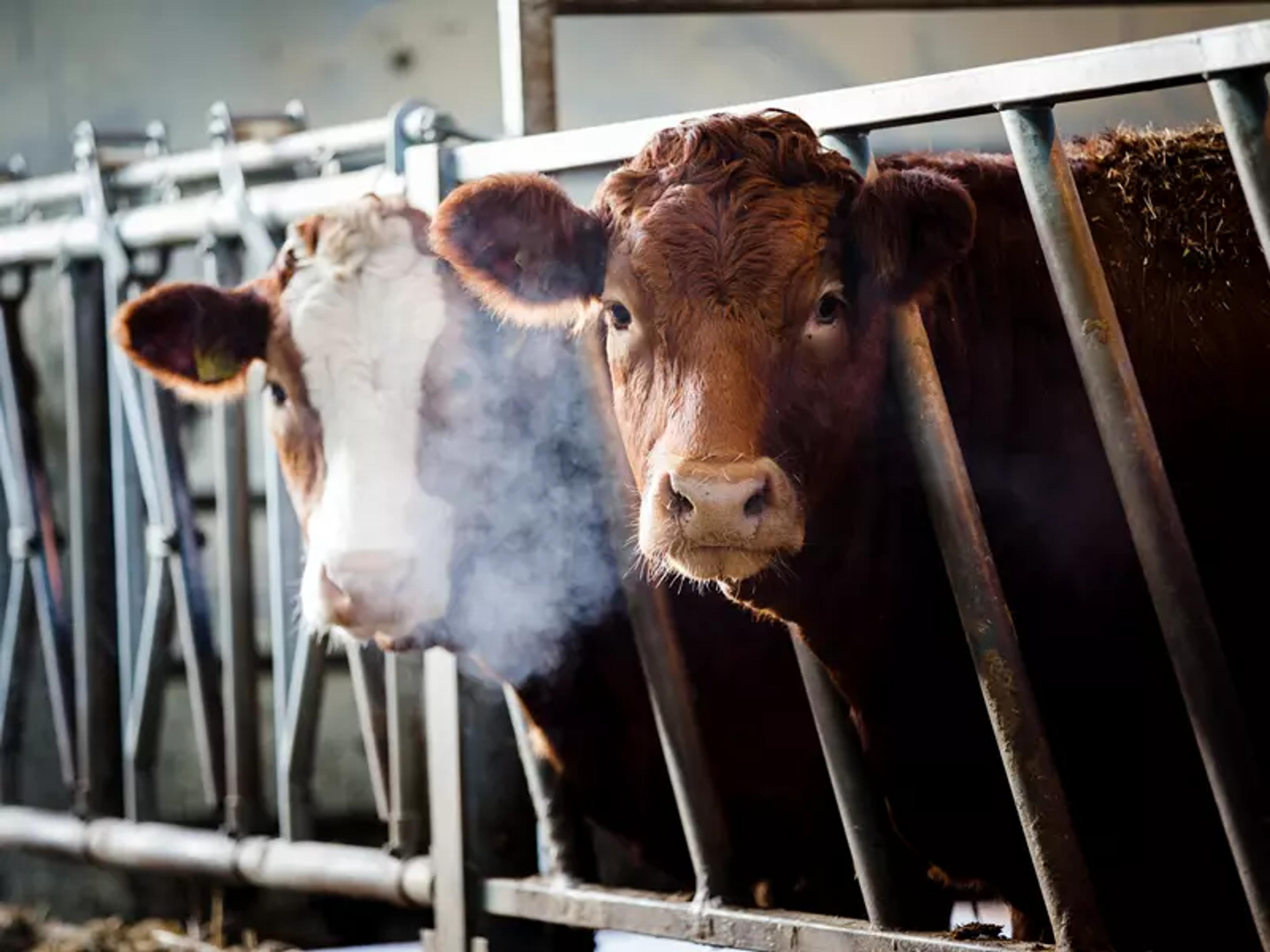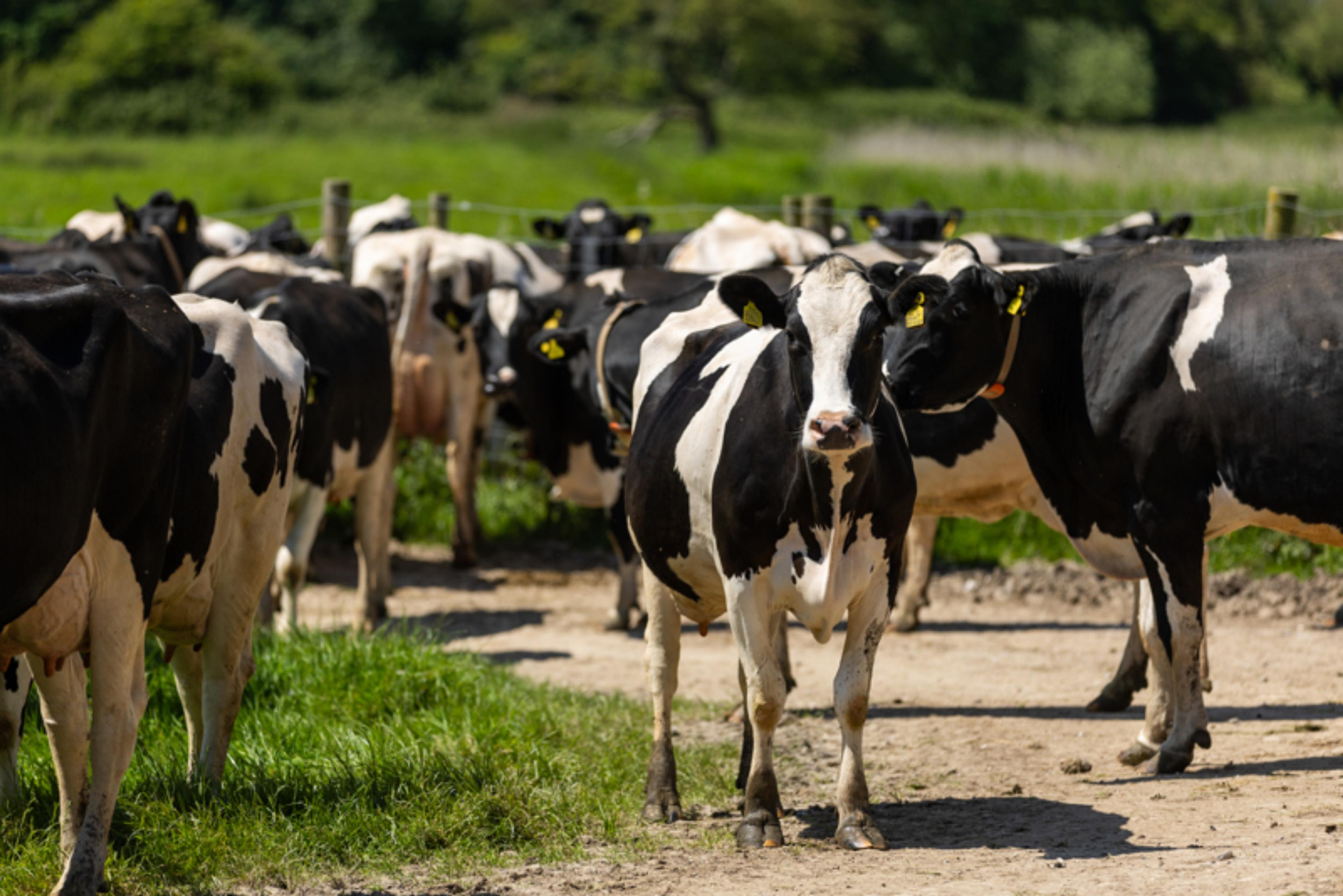
Cows
Dairy cows
More than 700 RSPCA welfare standards must be met for milk to be labelled RSPCA Assured.
Dairy cows must be allowed outside to graze during the summer months and housing must provide plenty of space and comfortable bedding.
The RSPCA standards require...
Access to outside grazing
They must have access to a field for at least four hours a day during the summer and for about 110 days a year.
A comfortable environment
Cows must have plenty of space and enough bedding so they can lie down and get up easily.
Cow brushes
Cows love to scratch and groom themselves, so these brushes are essential for their well-being when they’re indoors.
Prevention of illness
Farmers must take steps to prevent lameness and udder infections (mastitis) and have a veterinary health plan to ensure swift treatment if cows become ill.
Increased care for cows when they need it
Cows close to birth or who have recently given birth must be given extra space and nutrition to ensure they’re comfortable and reduce stress.
The legal minimum...
Cows can be permanently kept indoors
This is despite research showing cows want to spend time outside and that it’s a positive experience for them.
No requirement for ‘enrichment’
Objects that encourage cows to carry out behaviours they find rewarding (brushes to scratch themselves on, for example) don’t have to be given by law.
Less space
This increases competition between cows for resources such as food and water. This can make cows feel more stressed.
No veterinary health plans
If farmers don’t put plans in place to reduce disease, more cows could get sick.
No specific care requirements for mother cows
This is the most important time in a cow’s life. It’s where most health and welfare problems can start – and potentially affect them throughout their lives.
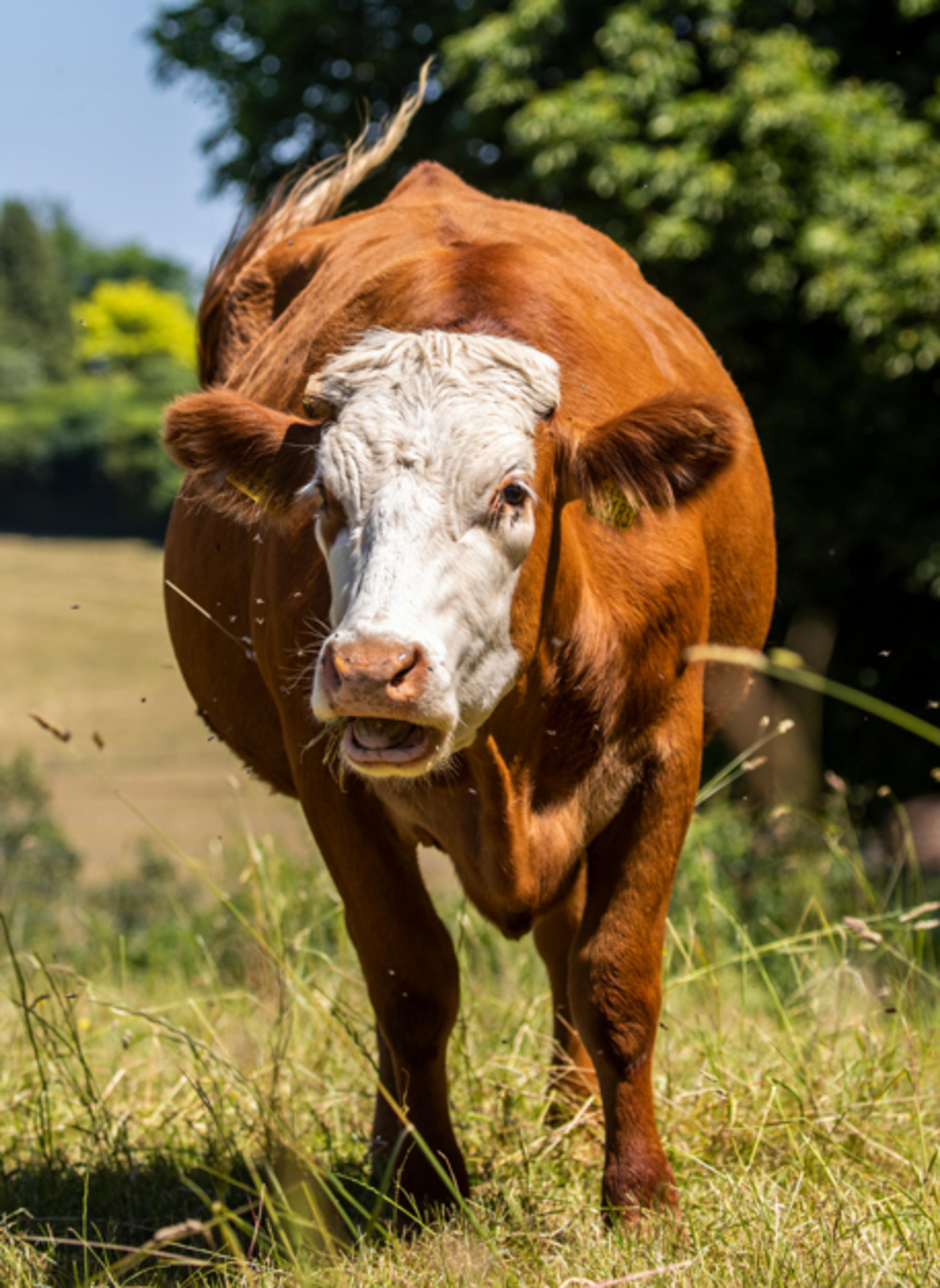
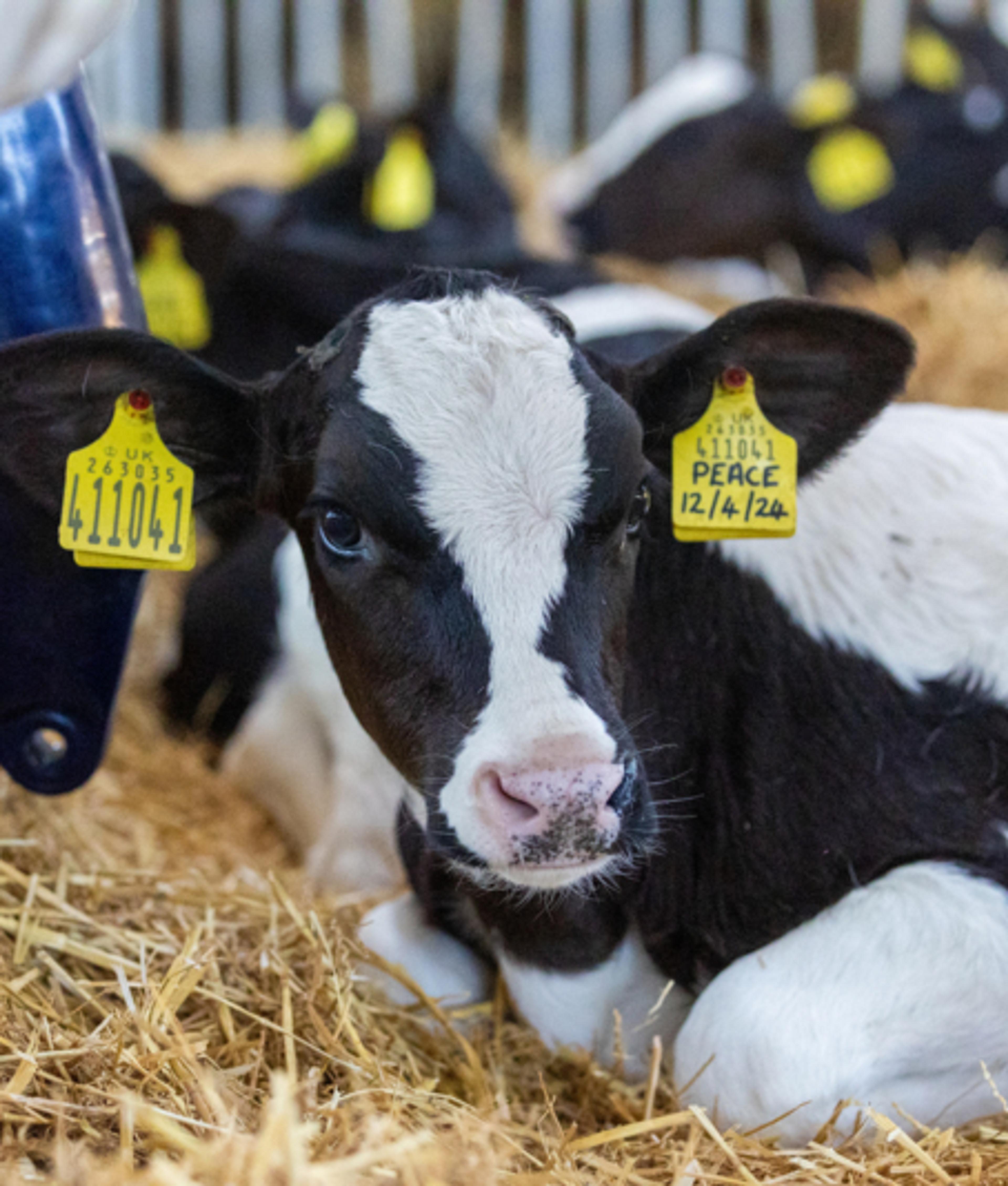
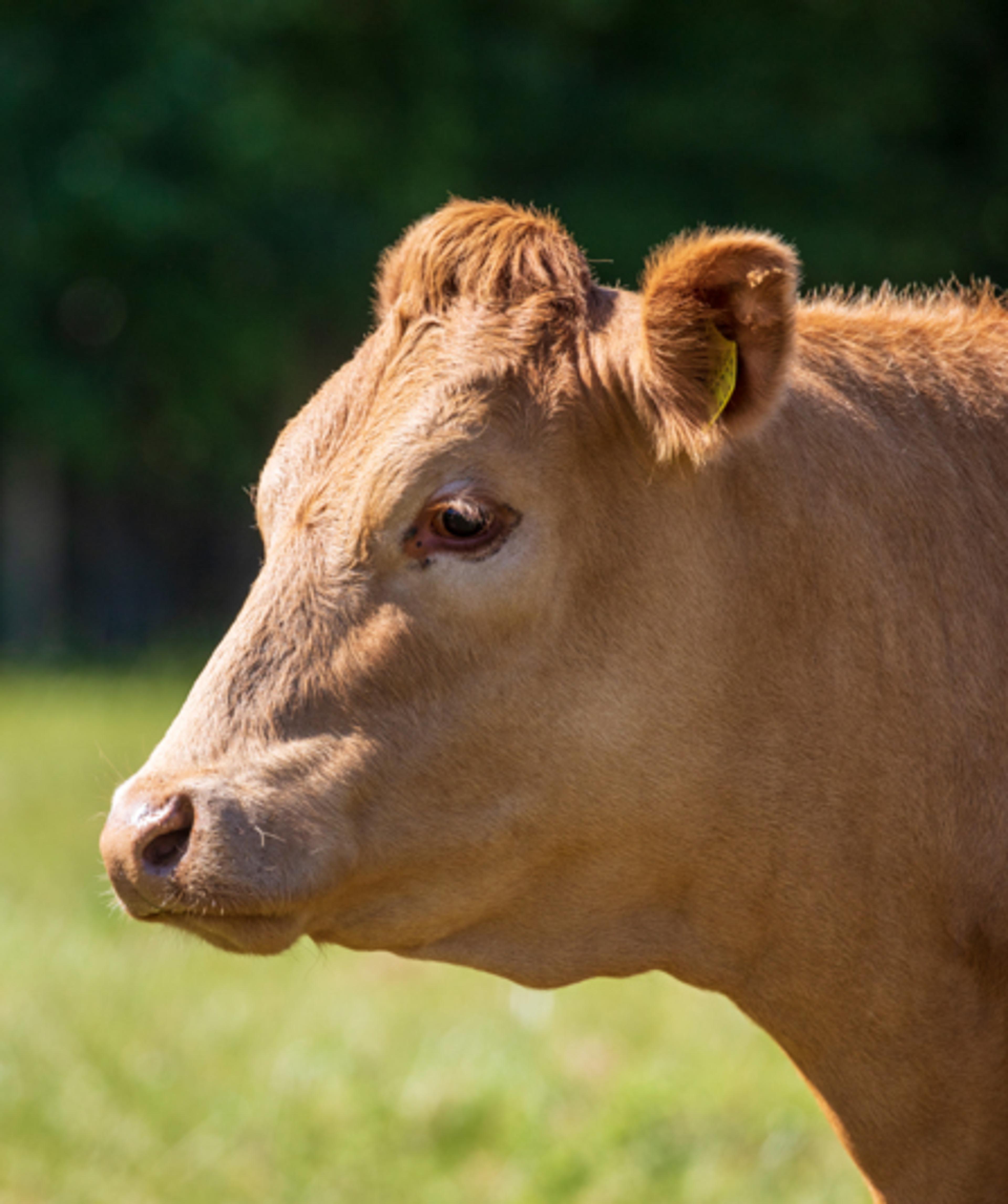
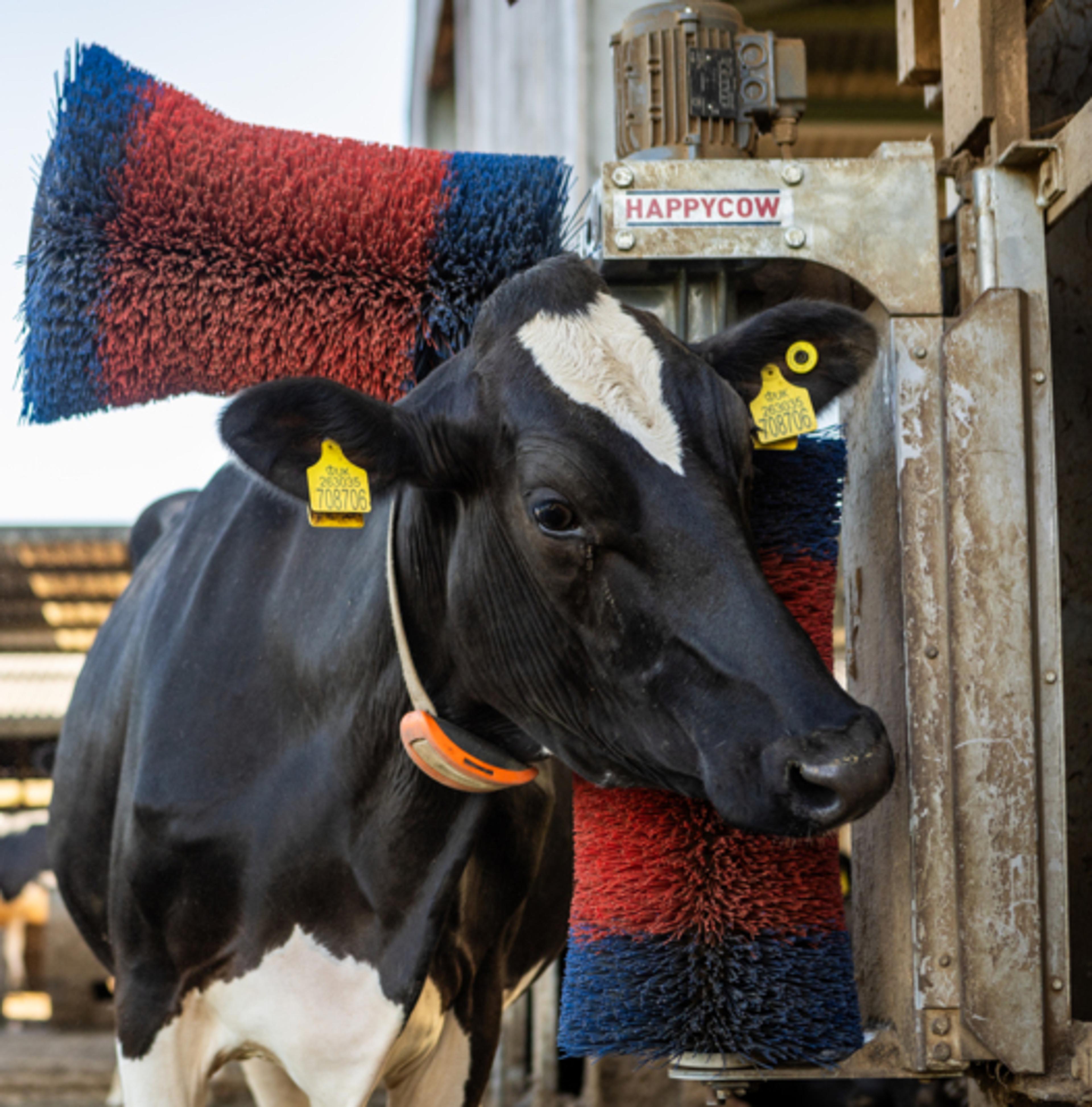
Beef cattle
More than 700 RSPCA welfare standards must be met for beef to be labelled RSPCA Assured.
Cows must be allowed outside to graze in fields for four hours a day during the grass-growing season. When they’re indoors, cattle have space to move around, groom and interact with each other.
The RSPCA standards require...
No fully ‘slatted’ floors
Hard floors with no bedding make it uncomfortable for cows to lie down. Instead, cattle sheds must have plenty of clean, dry straw for the animals to lie on.
Access to outside grazing
Cattle must have access to a field for four hours a day during the spring and summer months.
More space for male cattle
Bulls are sometimes kept separately from the rest of the herd in ‘bull pens’. The RSPCA’s standards ensure they have plenty of space, including an exercise area.
Health-boosting colostrum
Calves must be allowed to suckle colostrum from their mother after birth. It’s packed with nutrients and antibodies and helps boost calves’ immune systems.
Calves must be kept in pairs or groups
They want to be with other calves to socialise and play, so they must live with others by three weeks of age.
The legal minimum...
Cows can live on uncomfortable ‘slatted’ floors
This type of floor makes it difficult for cows to lie down in comfort.
Calves are alone for longer
Calves can live alone until they’re eight weeks old. They may not cope with stressful events as well as calves kept in pairs or groups from a younger age.
Less space for male cows and calves
Lower space allowances mean the animals may not have enough space to exercise and play.
Cows can be fed low-fibre food
A lack of fibre can cause a serious digestive illness called ruminal acidosis. The RSPCA’s welfare standards require cows to be fed a healthy diet.
No requirement for calves to be given colostrum
Calves are particularly vulnerable and too many die from preventable illnesses at a young age. Giving colostrum is vital for calves’ health and provides early immunity to illnesses.
Less space to feed
This may lead to increased competition for food, making eating more difficult and stressful for some cows.
Out in the field
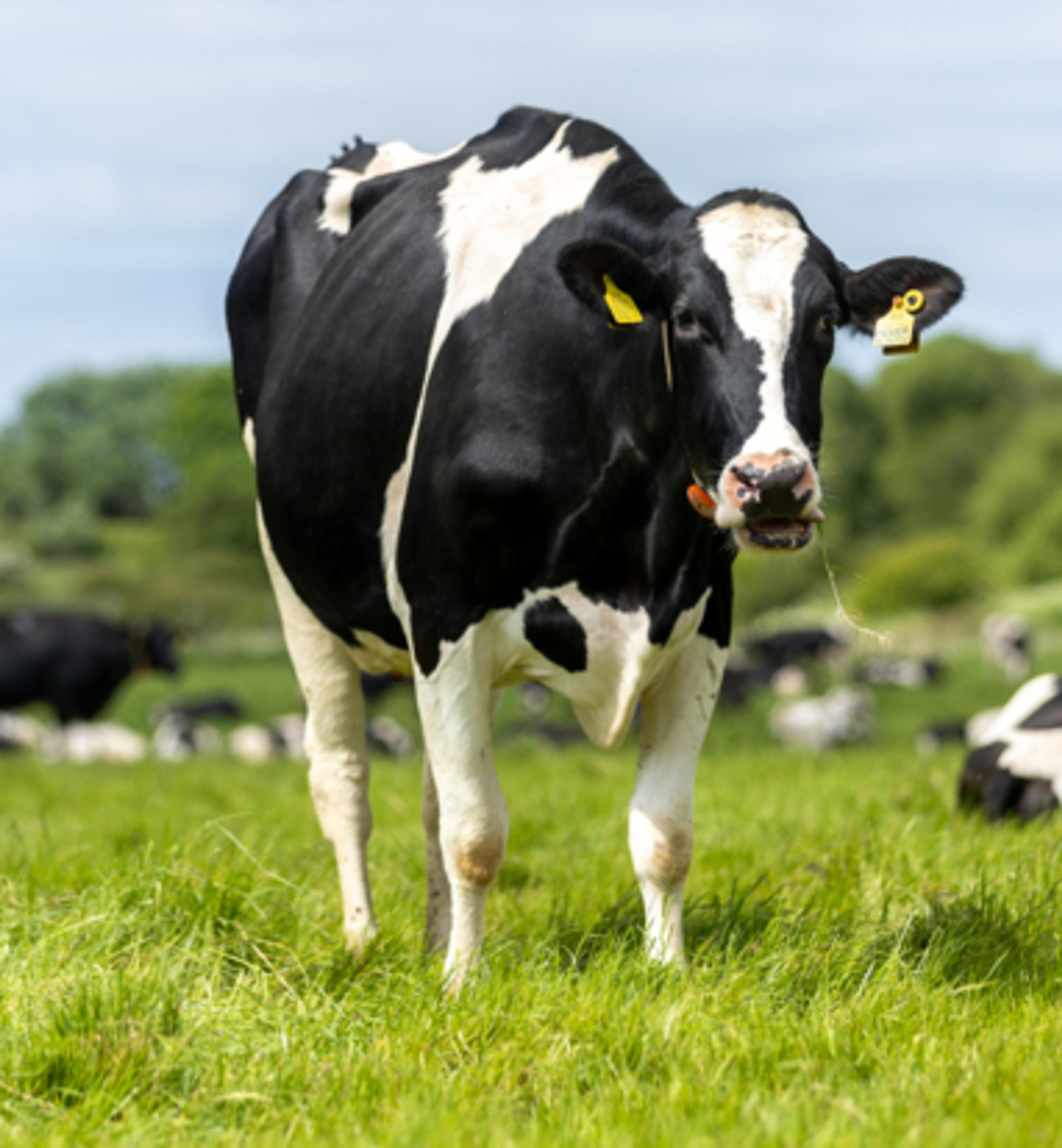
“You might have seen cows running, jumping and kicking up their hind legs when they’re let out into the field after the winter months. This is why I’m so proud to say cows on our members’ farms can’t be kept permanently indoors.”
Alistair French, RSPCA Assured assessor
